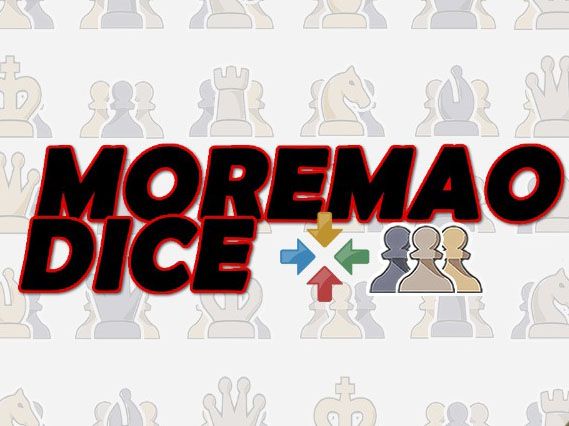
Four Chess Players Fundamentals
By Mauricio Alejandro Moreno
INTRODUCTION
Being the most skilful in a discipline does not guarantee the same high level when it is time to transmit the essence, the source of that skill. Pedagogy also requires skill, even if it is minimal. Therefore, it is well known that when it is time to learn to play soccer or to play an instrument, one does not search for the best exponents, the best performers, but for the best coaches, the best teachers.
Although I am not currently the number one in FFA, my experience and my generosity sharing my knowledge could balance the gap when it is time to share what I think I know. My grandmaster in chess, for example, was Roberto Grau. A remarkable player, but even more so, an immense pedagogue. With him I learned to conceive game plans and to visualize the board. And the principles that I learned from him are the basis of everything else that I was able to incorporate into my vision of chess. Among the reasons I find for this difference between being the most skilful at performing and being the most skilful at sharing, I find that of the time and effort required for each of these areas: returning to Roberto Grau, I would not know how laborious it would be to prepare an Argentine national championship, nor would I know how laborious it would be to finish a heart-written encyclopedia of chess.
*******
This is the first in a series of articles that will support the series of videos on YouTube with the same name:


